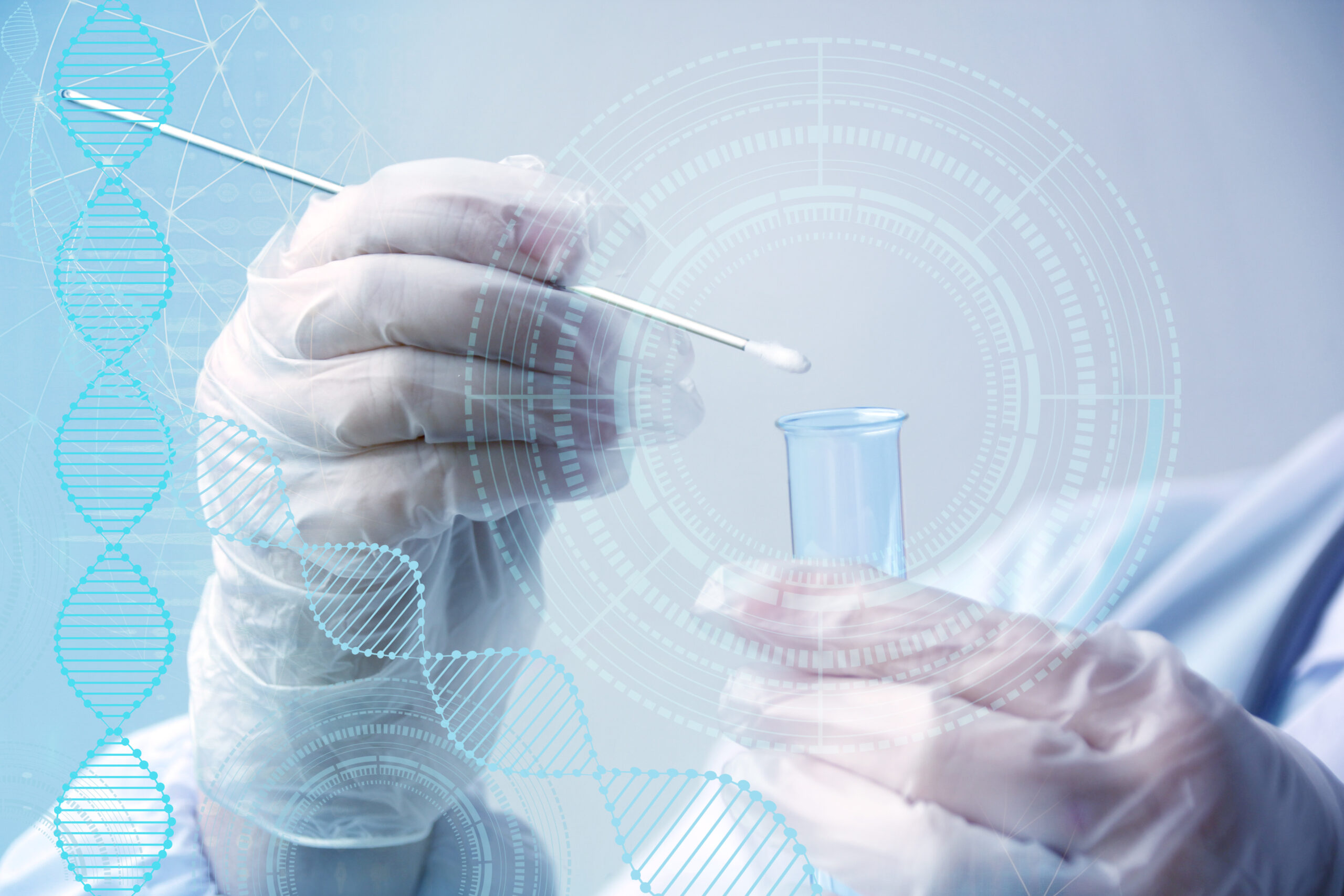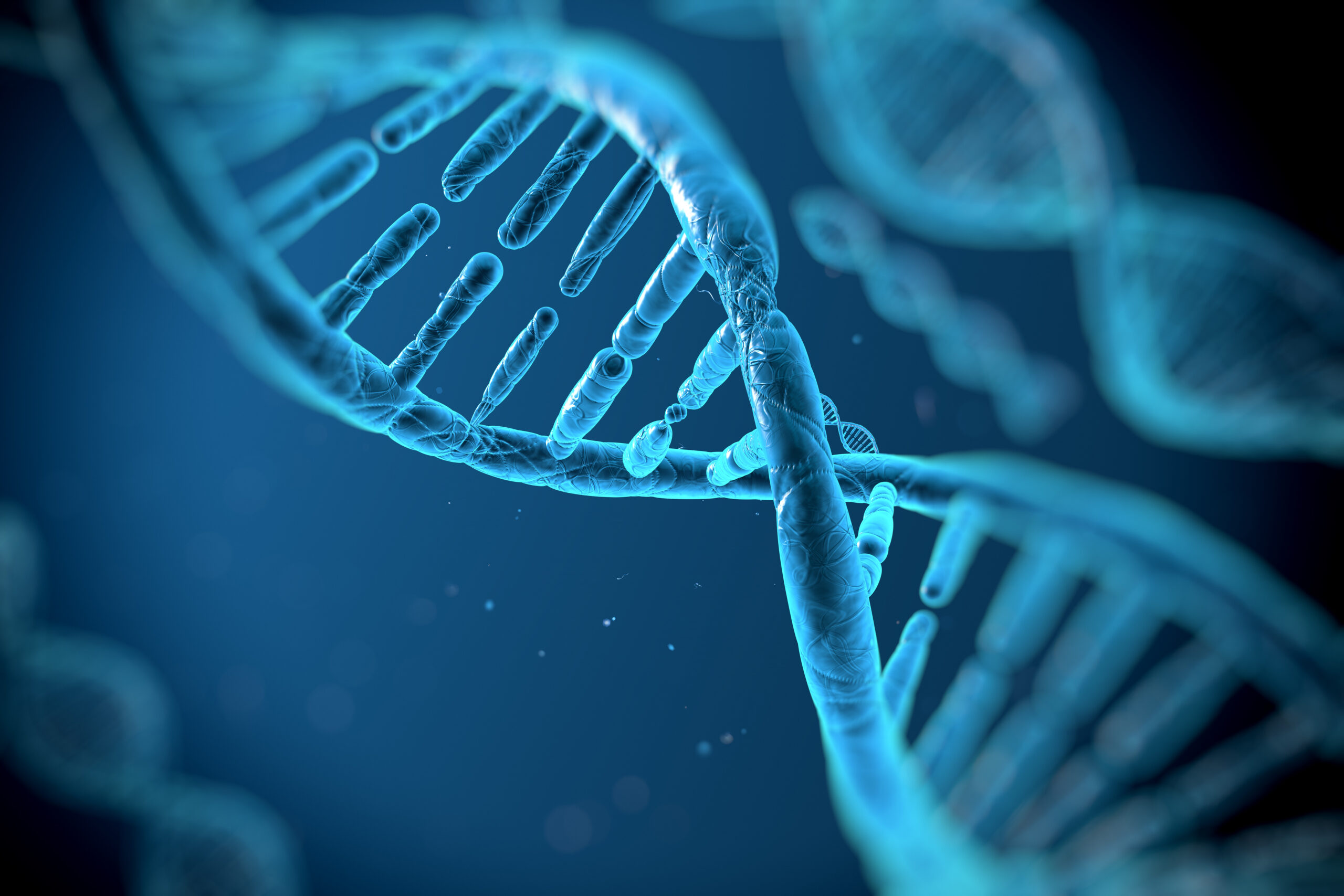There are many factors affecting fertility and around one in six couples have difficulty conceiving in the first 12 months of trying.
The most important factor for fertility is age – especially for women, but also for men, with fertility decreasing as we get older. Lifestyle factors including weight, diet, smoking and alcohol consumption can also play a major role, as well as medical conditions such as endometriosis in women or low sperm count in men.
As our understanding of fertility improves, we can help to address potential causes of infertility or difficulty getting pregnant and improve chances of conception.
A recent study out of Sweden has found that female human eggs appear to choose which male sperm will go on to fertilisation at the moment of conception. According to the research, the chemical communication that occurs between the female reproductive system and the sperm acts differently on sperm from different males, effectively determining which sperm is successful.
It was already understood that female eggs release chemicals called chemoattractants that act as a ‘trail’ for sperm to find their way to the unfertilised egg. These recent findings have shown, however, that the final choice rests with the egg based on how these chemoattractants interact with different sperm.
The most likely explanation for this is that these chemoattractants are attuned to opting for the male companion who is more genetically compatible.
Ultimately, genetic compatibility comes down to genetic diversity. The more diverse the genes are between a pairing, the better equipped the child’s genes are developing a strong immune system capable of fighting a broad range of infections and diseases.
The study also found that the egg can affect which sperm successfully fertilises it through the release of chemicals surrounding the egg during the final part of the sperm’s journey, which may have important implications in overall fertility.
According to the researchers, while further analysis is needed to determine the extent of the clinical relevance of these results, they have suggested that further insight into interactions between the egg and sperm could help us understand why conception may be more difficult for some people compared to others.
Visit the Fertility Society of Australia for support or more information on fertility.



